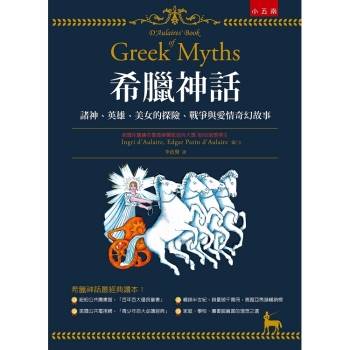The competence-based perspective on strategy and management emerged in the 1990s as a new approach to developing strategy and management theory and practice. In the past decade, the focus on organizational competences - and the resources, capabilities, and processes that create competences - has provided a highly productive "broad church" for theory development, research, and practice in both strategic and general management. Authored by a multidisciplinary group of scholars and practitioners working within the competence perspective, the papers in this volume contribute to developing a better theoretical and practical understanding of internal processes that significantly affect an organization’s competences by exploring the dynamic, systemic, cognitive, and holistic aspects of internal processes. The papers present both theoretical developments and empirical research based on a variety of case studies and other research in diverse industrial and geographical contexts. The papers in this volume develop four themes. Part I includes papers that address the key issues of defining and communicating the strategic logic that directs and guides an organization’s competence building and leveraging. The papers in Part II investigate the need to develop strategic flexibilities that enable a firm to respond effectively to a range of future environmental uncertainties. Part III includes papers that focus on ways to identify and operationalize an organization’s competences - the ultimate source of an organization’s ability to compete effectively in its environment. Part IV presents several papers that investigate the systemic interdependencies of an organization’s competence building and leveraging activities.
| FindBook |
有 1 項符合
Competence Perspectives In Managing Internal Processes的圖書 |
 |
Competence Perspectives In Managing Internal Processes 作者:Sanchez 出版社:Emerald Group Publishing 出版日期:2005-05-01 語言:英文 規格:精裝 / 290頁 / 23.4 x 16 x 2.8 cm / 普通級 |
| 圖書館借閱 |
| 國家圖書館 | 全國圖書書目資訊網 | 國立公共資訊圖書館 | 電子書服務平台 | MetaCat 跨館整合查詢 |
| 臺北市立圖書館 | 新北市立圖書館 | 基隆市公共圖書館 | 桃園市立圖書館 | 新竹縣公共圖書館 |
| 苗栗縣立圖書館 | 臺中市立圖書館 | 彰化縣公共圖書館 | 南投縣文化局 | 雲林縣公共圖書館 |
| 嘉義縣圖書館 | 臺南市立圖書館 | 高雄市立圖書館 | 屏東縣公共圖書館 | 宜蘭縣公共圖書館 |
| 花蓮縣文化局 | 臺東縣文化處 |
|
|
圖書介紹 - 資料來源:博客來 評分:
圖書名稱:Competence Perspectives In Managing Internal Processes
|




![塔木德:猶太人的致富聖經[修訂版]:1000多年來帶領猶太人快速累積財富的神祕經典 塔木德:猶太人的致富聖經[修訂版]:1000多年來帶領猶太人快速累積財富的神祕經典](https://media.taaze.tw/showLargeImage.html?sc=11100697818)





